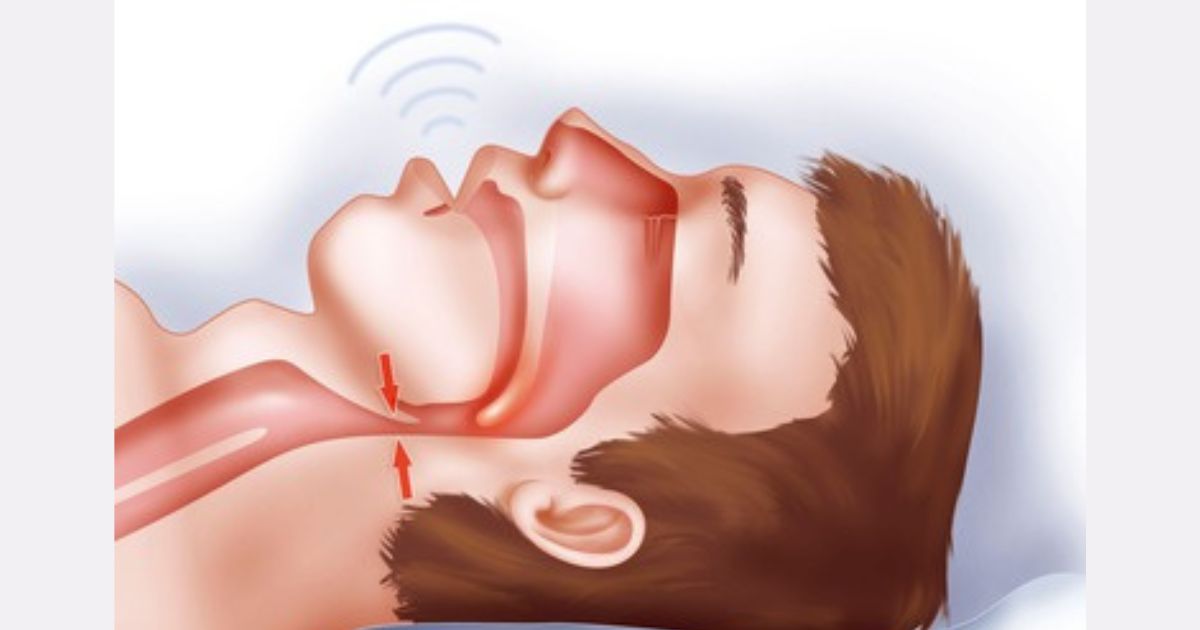A recent study conducted by the University of Michigan has unveiled alarming findings regarding the potential consequences of bipolar disorder on an individual’s lifespan.
The research, published in the Journal Psychiatry Research, suggests that those suffering from bipolar disorder face a significantly increased risk of premature death, with the impact surpassing that of smoking. In this news report, we delve into the study’s revelations, exploring the intricate connections between bipolar disorder, lifestyle factors, and longevity.
Understanding Bipolar Disorder and its Implications:
Bipolar disorder is a severe mental health condition characterized by extreme mood swings, fluctuating between manic and depressive states. The University of Michigan’s study has shed light on the profound effects of this disorder on an individual’s lifespan, highlighting the potential for premature death.
Study Details and Comparative Analysis:
The study compared the longevity of individuals with bipolar disorder against those without any psychiatric disorders, examining lifestyle factors such as smoking and hypertension. Shockingly, individuals with bipolar disorder were found to be four to six times more likely to experience premature death than their counterparts without the condition.
To comprehensively gauge the impact on longevity, the researchers conducted a comparative analysis involving smokers, non-smokers, individuals with bipolar disorder, and those with hypertension. The objective was to dissect the mortality rates associated with each of these health issues and lifestyle habits.
Bipolar Disorder vs. Smoking:
In a surprising revelation, the study indicated that the impact of bipolar disorder on early death was even more pronounced than that of smoking. While both smoking and bipolar disorder were identified as significant contributors to premature death, individuals who smoked and had bipolar disorder faced an elevated risk compared to those without these factors.
The study emphasized the complexity of the relationship between bipolar disorder and mortality. Although the risk of early death has long been associated with bipolar disorder, its intersection with other contributing factors such as lifestyle and health differences adds layers to the intricate dynamics.
Hypertension and Risk of Premature Death:
Notably, the study identified hypertension, or high blood pressure, as a major contributor to reduced longevity and premature death. Individuals with hypertension, whether or not they had bipolar disorder, faced a heightened risk of early death. This finding held true for both smokers and non-smokers, underlining the significance of hypertension as an independent risk factor.
Comparative Impact on Longevity:
Individuals who neither smoked nor had bipolar disorder were found to have a lower risk of premature death, emphasizing the importance of lifestyle choices in influencing longevity. Conversely, those with a combination of bipolar disorder and hypertension faced an increased likelihood of premature death, further highlighting the compounding effect of multiple risk factors.
Conclusion and Implications:
The study’s findings underscore the urgent need for a holistic approach to mental health and well-being. Individuals grappling with bipolar disorder must be provided with comprehensive support, considering the profound impact it can have on both mental health and overall longevity. Additionally, the study emphasizes the critical role of lifestyle factors such as smoking and hypertension in shaping an individual’s lifespan.
As the world grapples with the complex interplay between mental health and physical well-being, this research serves as a stark reminder of the multifaceted nature of premature death risks. Moving forward, a concerted effort is required from healthcare professionals, policymakers, and society at large to address these challenges and implement strategies that promote holistic health and resilience.








Leave a Reply
You must be logged in to post a comment.